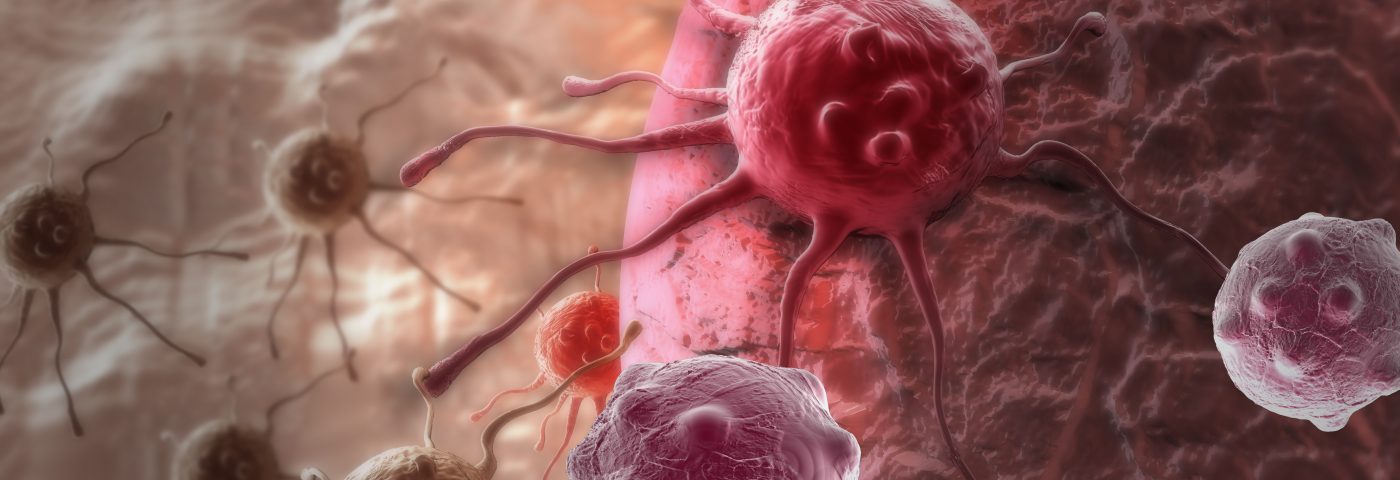The gut has a remarkable capacity for regeneration after chemotherapy or radiation, thanks to a type of reserve stem cell. But while activating these cells could help patients heal after cancer treatment, such a move also poses a risk for new cancer growth.
The study, “Msi RNA-binding proteins control reserve intestinal stem cell quiescence,” published in the Journal of Cell Biology, revealed that proteins controlling the activity of these stem cells hold cancer-driving properties.
University of Pennsylvania researchers have been working to understand the actions of these gut cells for some time. While other cells of the gut lining are killed by chemotherapy or radiotherapy, the reserve stem cells persist.
The team found that — unlike most gut cells — reserve stem cells are usually in a dormant, non-dividing state. Cancer treatments, such as chemotherapy, kills cells that are rapidly dividing — such as tumor, and gut, cells — but spares the dormant stem cells.
These cells, the team discovered, are activated with the help of a protein family called Musashi. Interestingly, Musashi proteins had been on the team’s radar for quite some time, since the researchers discovered in earlier work that the proteins drive colon cancer. Blocking them prevented mice from growing colon tumors.
“We knew that these Musashi proteins were important oncogenes and that if we inhibited them we could inhibit cancer, but now we see the downside,” Chris J. Lengner, an assistant professor in the School of Veterinary Medicine’s Department of Biomedical Sciences at Penn and senior author on the study, said in a press release.
Removing the proteins did not allow the gut tissue to regenerate. From a treatment perspective, this would not necessarily be a problem, as it might be possible to block the proteins to protect the reserve cells during therapy, and allow them to aid in regeneration once the treatment is done.
But the finding also indicates that such an approach could allow cancer-bearing reserve stem cells to be activated along with the others.
“We see this common theme emerge over and over,” said Lengner, “which is that tumor suppression comes at the cost of regenerative capacity.”


